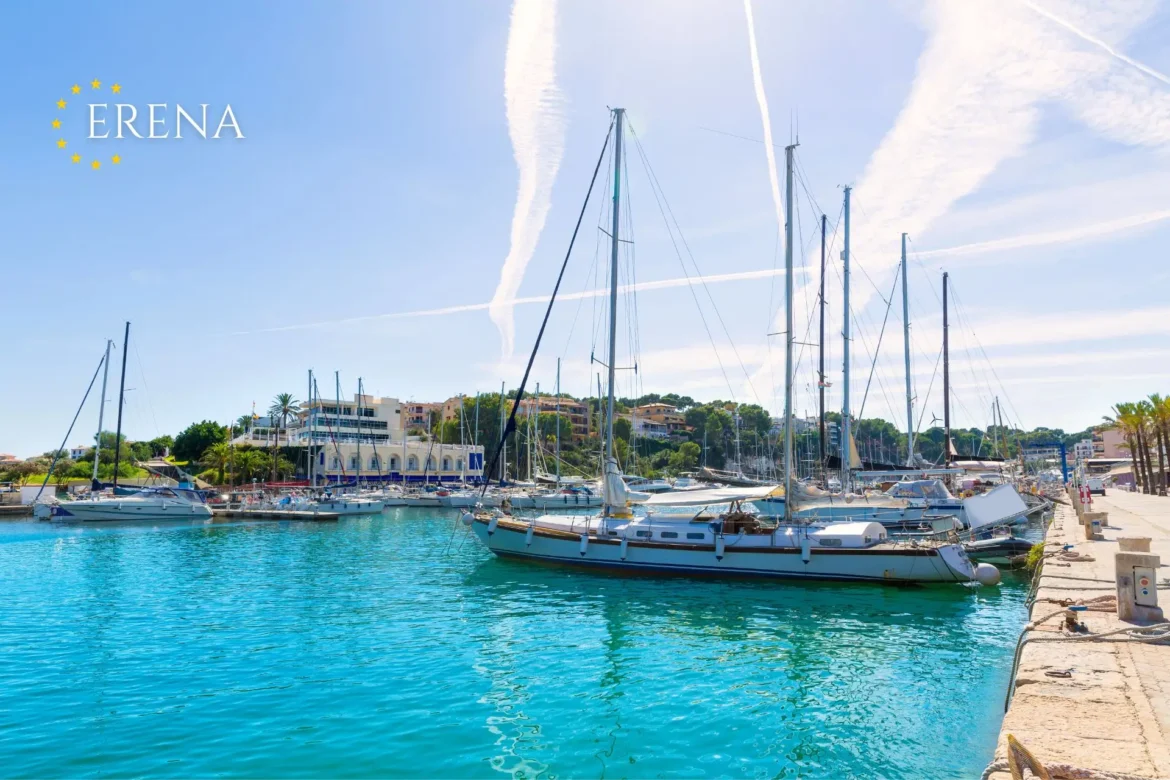Manacor, the second-largest city on the island of Mallorca, is known not only for its historical landmarks but also for its active sustainability initiatives. The city is implementing eco-friendly technologies, promoting alternative energy sources, and fostering a responsible community.
Environmental Initiatives and Projects
Manacor actively pursues projects to reduce CO₂ emissions, recycle waste, and use renewable energy sources. The city has implemented a waste separation system, encouraging recycling and waste reduction.
Additionally, local authorities promote the installation of solar panels and alternative energy solutions in residential and commercial buildings.
Eco-Friendly Transport and Infrastructure
Manacor is actively developing sustainable transportation options:
- An extensive network of cycling lanes.
- Modern public transport with low emissions.
- Pedestrian zones and green parks for comfortable city movement.
Sustainable Housing and Construction
The real estate market in Manacor is embracing eco-friendly solutions. New homes are built with energy efficiency in mind, reducing operational costs. Average property prices:
- Apartments in the city center (75-100 m²): €90,000 – €140,000.
- Housing in the Sbarre district (100-130 m²): around €130,000.
- Apartments in coastal areas (60-90 m²): €70,000 – €120,000.
- Eco-friendly villas and houses (150-250 m²): from €150,000.
Supporting Local Production
The city actively promotes local farmer’s markets, offering organic produce. Many restaurants adopt a “seasonal kitchen” concept, using eco-friendly and locally sourced ingredients.
Education and Awareness
To raise awareness of sustainable development, the city organizes educational programs:
- Workshops and masterclasses.
- Eco-festivals and cleanup campaigns.
- Environmental protection programs for children.
Sustainable Tourism
Manacor is actively developing eco-friendly tourism:
- Agro-tourism and eco-tourism.
- Hotels and guesthouses with sustainability programs.
- Initiatives to reduce plastic and water consumption in the tourism sector.
Conclusion
Manacor is a prime example of a city successfully integrating sustainability principles. With initiatives in ecology, transport, construction, and tourism, the city is setting an example for other regions, creating a comfortable environment for both residents and visitors.

